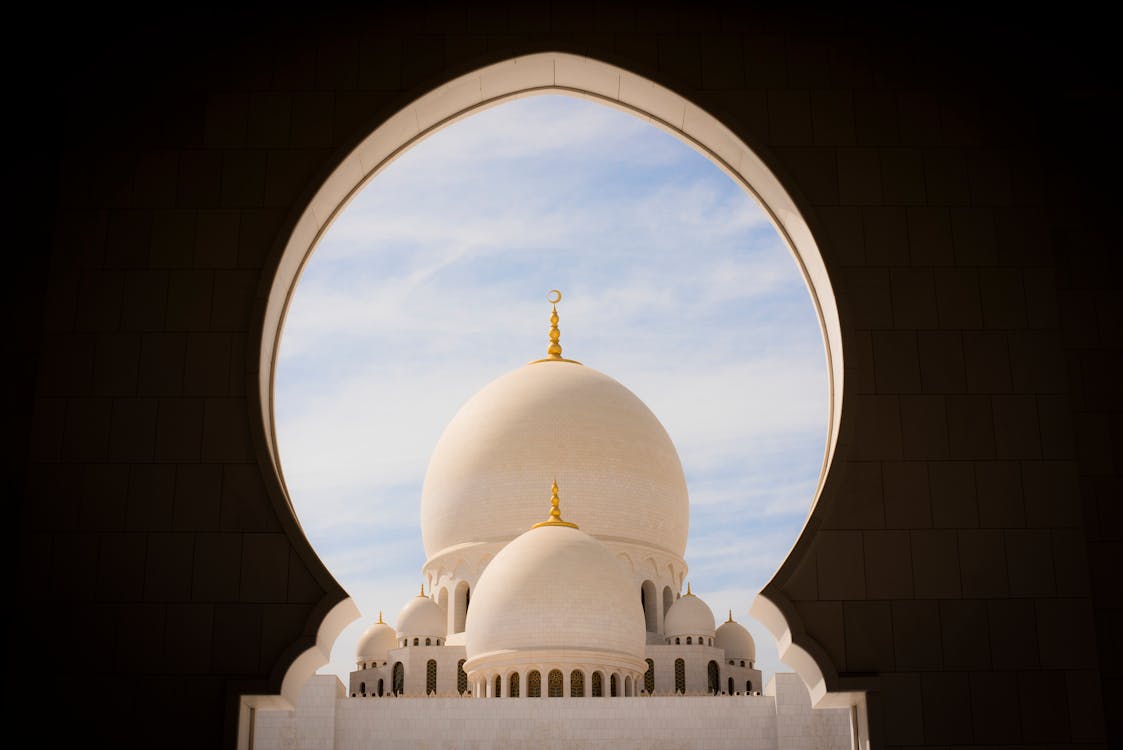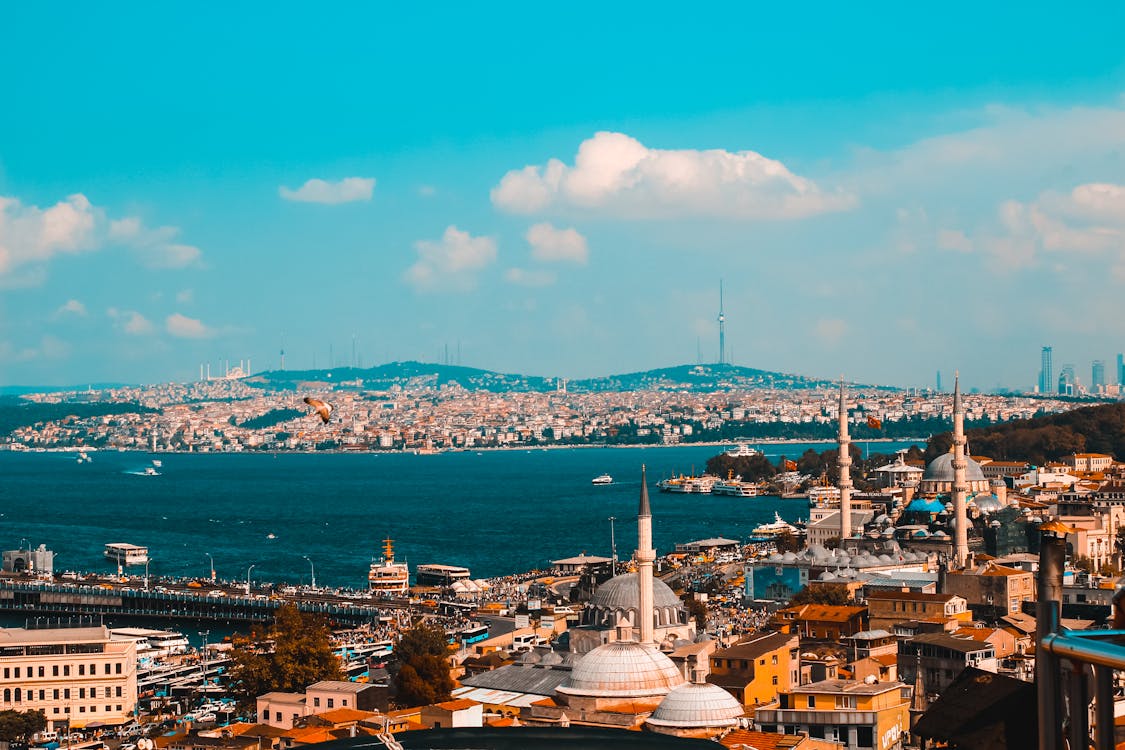Fasting, known as “Sawm,” is a central and sacred practice in Islam, observed primarily during the month of Ramadan. Muslims engage in this act of self-discipline and spiritual devotion from dawn to sunset, abstaining not only from food and drink but also refraining from negative behaviors. The significance of fasting in Islam extends beyond the physical act, encompassing spiritual purification, moral development, and a deepening connection with Allah. By voluntarily undergoing the challenges of hunger and thirst, Muslims strive to cultivate self-control, gratitude, and empathy for the less fortunate. Ramadan is a time of increased prayer, reflection, and community, as Muslims come together to break their fasts, fostering a sense of unity and solidarity. The practice of fasting underscores obedience to Allah’s commandments, providing an opportunity for repentance, forgiveness, and the cleansing of sins. Ultimately, fasting in Islam serves as a holistic and transformative experience that strengthens the individual’s faith, morality, and connection with the divine.
Fasting holds significant importance in Islam and is observed as one of the Five Pillars of the faith. The act of fasting, known as “Sawm” in Arabic, is specifically associated with the month of Ramadan, the ninth month of the Islamic lunar calendar. The importance of fasting in Islam is multifaceted, encompassing spiritual, moral, and social dimensions:
Spiritual Purification:
Fasting during Ramadan is seen as a means of purifying the soul and cultivating self-discipline. Muslims abstain from food, drink, and other physical needs from dawn until sunset, demonstrating their ability to exercise self-control and resist worldly temptations.
Closeness to Allah:
Fasting is a way for Muslims to draw closer to Allah and strengthen their connection with the divine. It is a time for increased prayer, reflection, and spiritual growth. Muslims believe that engaging in acts of worship during this sacred month brings them closer to Allah and fosters a sense of piety.
Gratitude and Empathy:
Fasting serves as a reminder of the blessings and privileges that individuals may take for granted. Experiencing hunger and thirst fosters empathy for those who are less fortunate and struggle with poverty and scarcity. Muslims are encouraged to develop gratitude for the provisions provided by Allah.
Moral and Ethical Development:
Fasting is not just about refraining from food and drink; it also involves avoiding negative behaviors. Muslims are encouraged to practice good manners, patience, and kindness. It is an opportunity for self-reflection and personal growth, promoting positive changes in behavior and character.
Community and Solidarity:
Ramadan is a time when the Muslim community comes together in solidarity. Breaking the fast (Iftar) is often done with family, friends, and the larger community. This sense of unity and shared experience fosters a feeling of brotherhood and sisterhood among Muslims worldwide.
Submission to Allah’s Will:
Fasting is an act of obedience and submission to Allah’s commandments. Muslims believe that by willingly abstaining from physical needs during Ramadan, they demonstrate their submission to the divine will and reinforce their commitment to Islam.
Cleansing of Sins:
It is believed that sincere and devout fasting can lead to the forgiveness of sins. The month of Ramadan is seen as an opportunity for repentance and seeking forgiveness from Allah.
Fasting in Islam goes beyond a mere physical act; it is a holistic practice that involves the mind, body, and spirit. The month of Ramadan serves as a time for self-improvement, increased devotion, and a deepening of one’s relationship with Allah.











